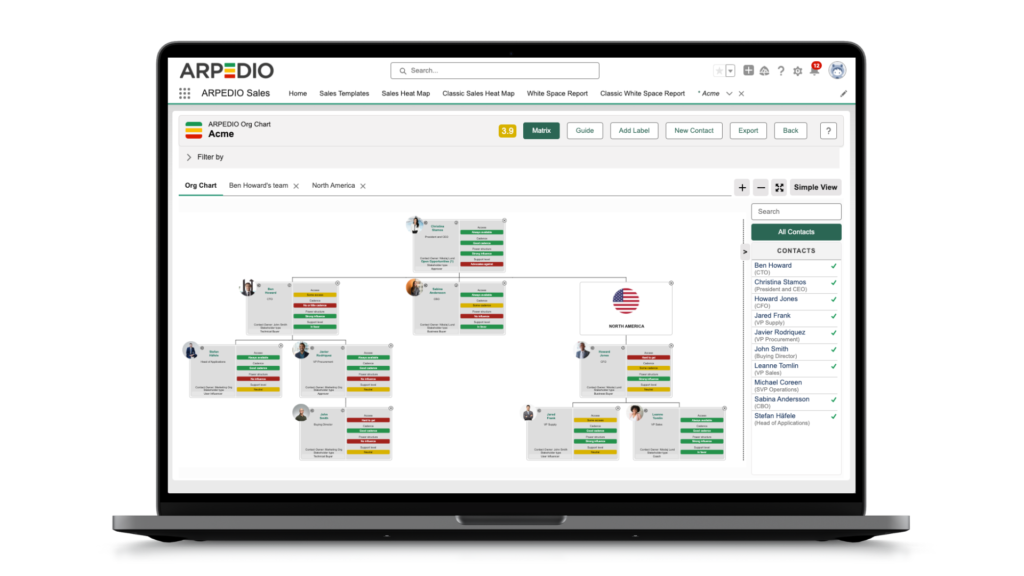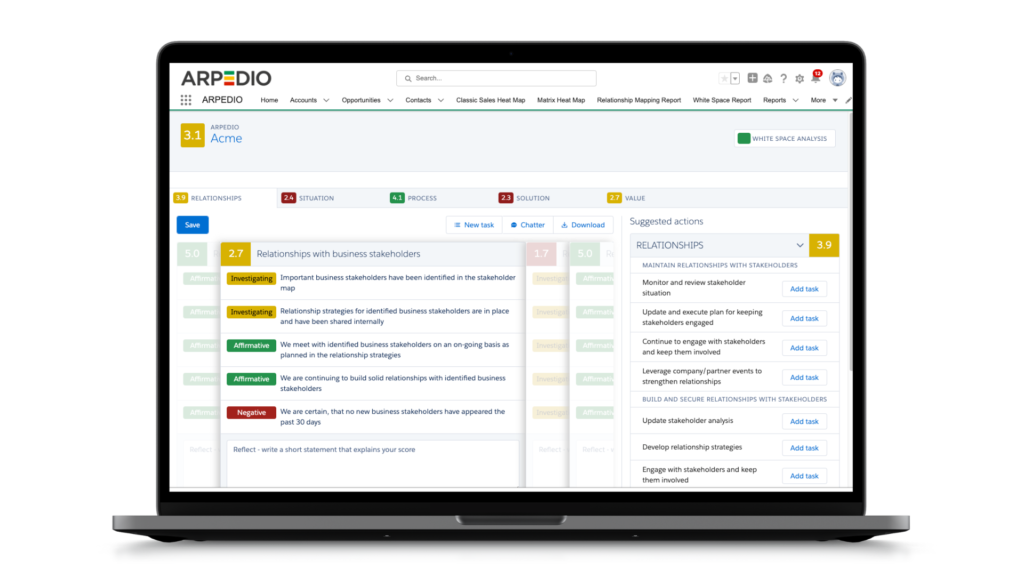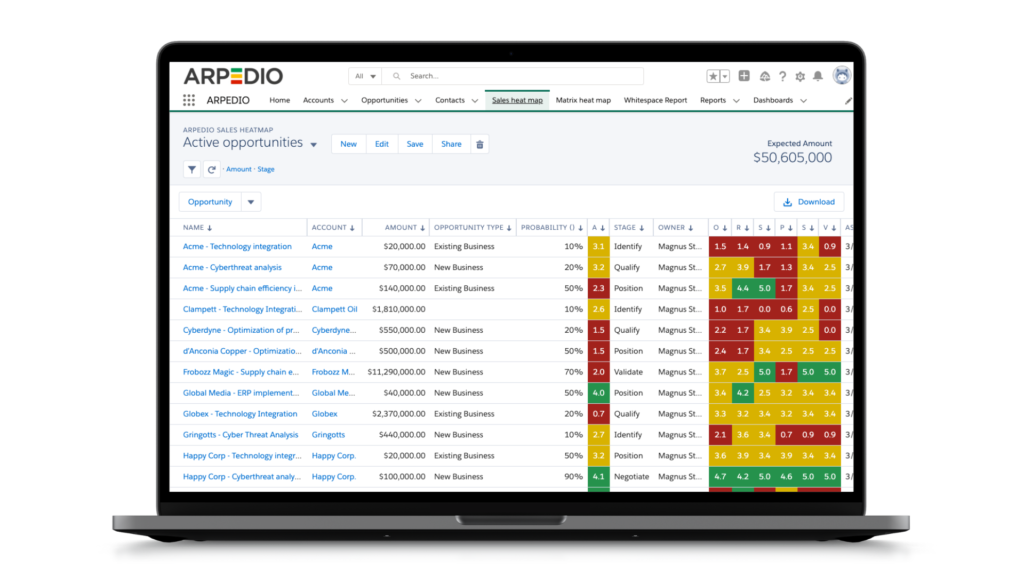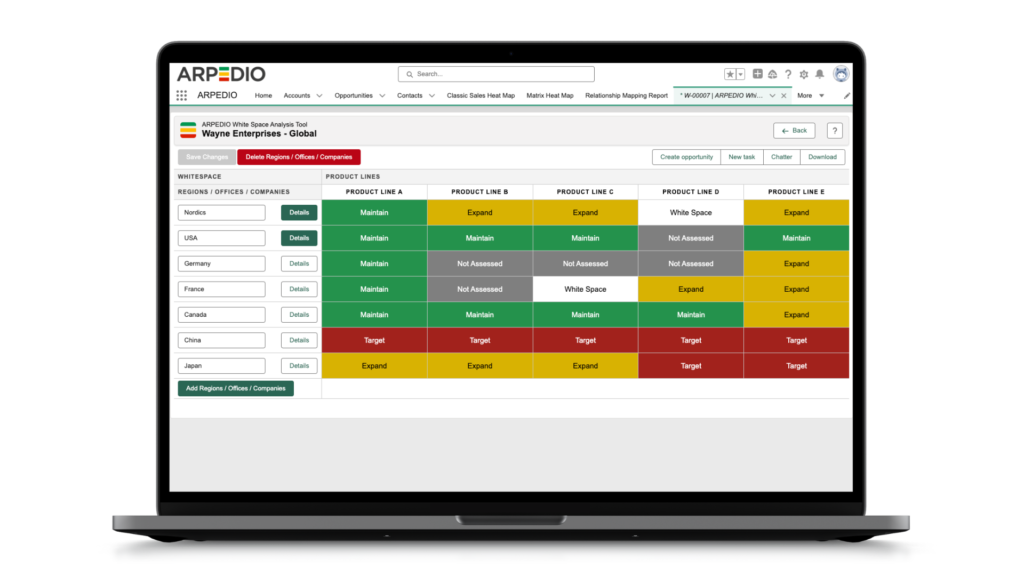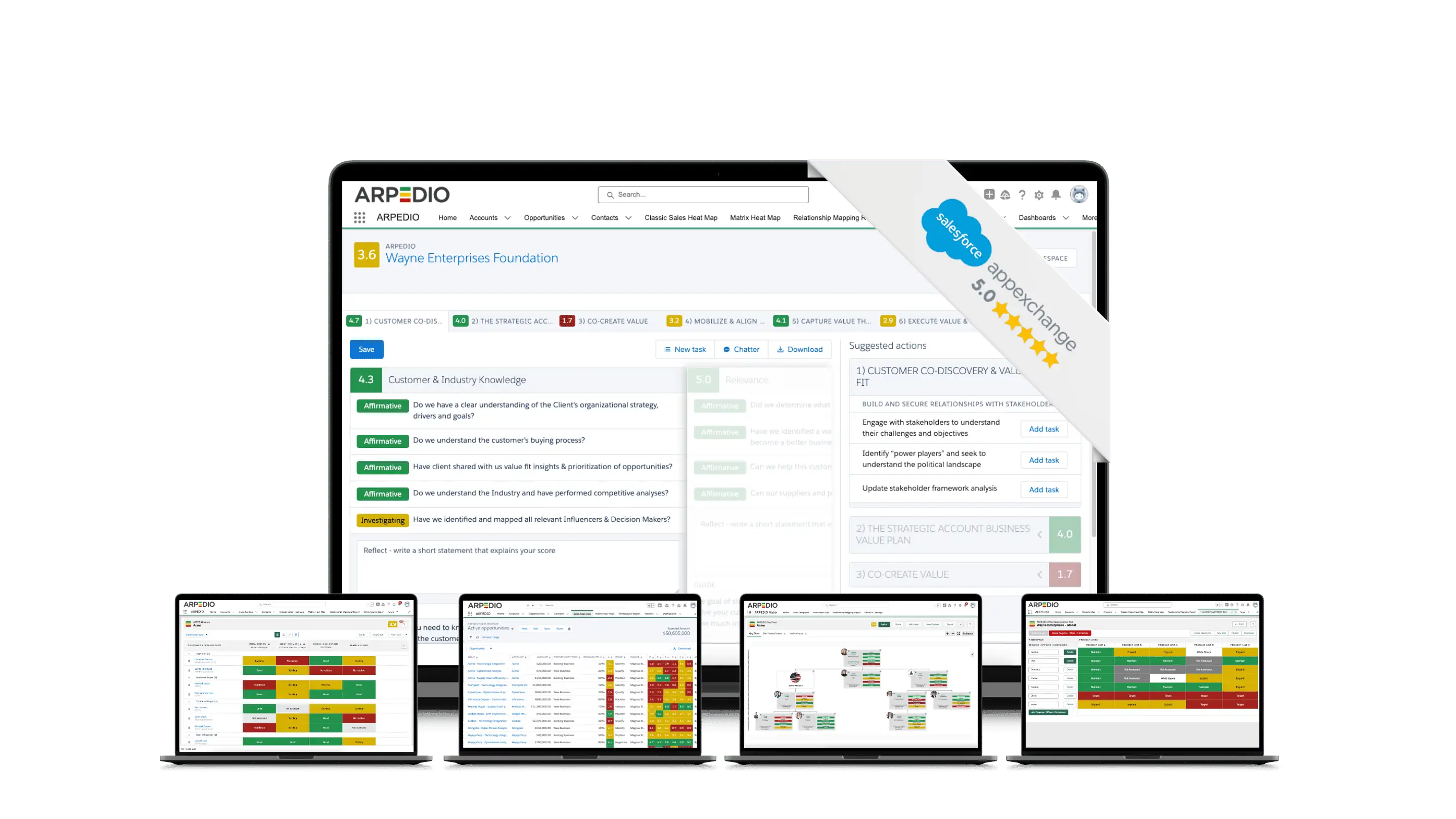As a savvy sales professional, you’re constantly on the lookout for ways to optimize your pipeline and drive revenue growth. One highly effective tool for achieving this goal is SQL (Sales Qualified Lead), which allows you to focus your efforts on the leads that are most likely to convert into paying customers.
In this article, we’ll explore the power of SQL and how it can help you boost your sales pipeline. From identifying and nurturing SQLs to measuring success and continuously optimizing your approach, we’ll provide expert insights and tips for achieving SQL success.
Key Takeaways:
- SQLs are a crucial component of any effective sales strategy.
- By prioritizing SQLs, you can increase conversion rates and revenue growth.
- Effective SQL strategies involve identifying, nurturing, and measuring success.
- Sales enablement tools and continuous optimization can enhance your SQL approach.
- Following best practices and taking expert advice can help you achieve SQL success.
Understanding SQLs and Their Importance
If you’re looking to boost your sales pipeline, understanding Sales Qualified Leads (SQLs) is essential. But what exactly is an SQL? At its core, an SQL is a lead that has been identified as having a high potential to become a customer. The criteria for qualifying leads as SQLs can vary but typically includes factors such as their level of engagement, budget, and timeline for making a purchase.
SQLs play a crucial role in the sales funnel, which refers to the process of turning prospects into paying customers. They typically come after Marketing Qualified Leads (MQLs), which are leads that have been identified as having the potential to become SQLs but require further nurturing. By focusing on SQLs, you can prioritize your efforts and accelerate the sales process.
One of the key benefits of focusing on SQLs is lead qualification. By identifying which leads are most likely to become customers, you can allocate your resources more efficiently and effectively. Additionally, by nurturing SQLs through targeted communications and content, you can better position your brand and drive sales.
Criteria for Identifying SQLs
There are several criteria that can be used to identify SQLs, including:
- Budget: Does the lead have a budget that aligns with your product or service?
- Authority: Is the lead in a decision-making role?
- Need: Does the lead have a need that your product or service can fulfill?
- Timeline: Is the lead looking to make a purchase in the near future?
The Importance of Lead Qualification
Lead qualification is a critical step in maximizing the potential of your leads. By identifying SQLs, you can focus your efforts on the leads that are most likely to convert, and avoid wasting time on leads that are unlikely to become customers. Additionally, lead qualification helps sales and marketing teams align their efforts and create targeted communications and content that resonate with the needs of the lead.
Key Takeaways
Understanding SQLs and their importance is necessary if you want to optimize your sales pipeline. By identifying, nurturing, and prioritizing SQLs, you can accelerate the sales process and improve revenue growth. Ultimately, focusing on SQLs helps sales and marketing teams align their efforts and drive more successful conversions.
Identifying SQLs
Identifying Sales Qualified Leads (SQLs) is crucial in driving successful sales and revenue growth. Let’s explore various methods and tools for effectively identifying SQLs.
Lead Scoring:
Lead scoring is a methodology used by sales and marketing teams to rank prospects against a scale that represents the perceived value each lead represents to the organization. By scoring leads based on their actions, interests, and behavior, sales teams can identify SQLs based on their level of engagement and readiness to buy.
Tip: Implementing a lead scoring system in your CRM is an effective way to prioritize leads and ensure that sales efforts are focused on the most promising prospects.
Lead Qualification Process:
Lead qualification is a process that sales teams use to determine whether prospects are a good fit for your product or service. By evaluating a prospect’s budget, needs, authority, and purchase timeline, sales teams can decide whether a prospect is worth pursuing as an SQL.
Tip: Always have a well-defined lead qualification process that aligns with your sales strategy and objectives. This will allow you to focus on converting SQLs and avoid time wasted on unqualified leads.
Prospect Evaluation:
Evaluating prospects involves assessing their readiness to make a purchase by analyzing their behavior, actions, and interests. By evaluating prospects’ behavior and interactions with your company, you can determine whether they are ready to move forward as an SQL.
| Behavior: | Actions: | Interests: |
|---|---|---|
| Website visits | Downloaded whitepaper | Attended a webinar |
| Email opens and click throughs | Requested a demo | Viewed pricing page |
Tip: Use prospect evaluation to identify potential SQLs based on their level of interest and engagement. This information will help you determine the best way to nurture and convert them into customers.
In the next section, we will explore effective lead nurturing techniques to move your SQLs through the buyer’s journey.
Nurturing SQLs
One of the most critical components of the sales process is nurturing leads through the customer journey. This process involves building relationships with potential customers, establishing trust, and providing value at every stage of the buyer’s journey. In the case of SQLs, lead nurturing plays a significant role in helping move these high-intent leads through the funnel towards a purchasing decision.
Lead Nurturing Techniques
There are several lead nurturing techniques that companies can use to foster strong relationships with their SQLs. One effective approach is personalized communication, which involves tailoring outreach efforts to the specific needs and pain points of each lead. This can include customizing email content, referencing specific conversations or interactions with the lead, and delivering personalized product or service recommendations based on the lead’s interests.
Another key strategy for nurturing SQLs is providing targeted content. This can include offering whitepapers, case studies, newsletters, and other resources that speak directly to the lead’s pain points and interests. By providing relevant content, companies can position themselves as a trusted advisor and build credibility with their leads over time.
Timely follow-ups are also critical for effective lead nurturing. Companies should aim to respond quickly to any inbound inquiries from SQLs and maintain a regular cadence of outreach to keep top-of-mind awareness. This can involve a mix of email, phone calls, and personalized content offers, depending on the lead’s preferences and interests.
Personalizing the Customer Journey
Personalization is a key element of effective lead nurturing and should be integrated into the broader customer journey. This involves tailoring the buyer’s experience to the lead’s specific needs, preferences, and interests at every touchpoint. By providing a personalized customer journey, companies can improve engagement rates, establish trust with their leads, and improve conversion rates.
Personalization tactics can include segmenting leads based on demographic, firmographic, or behavioral data, and customizing content, messaging, and outreach based on these segments. Companies can also leverage automation tools to deliver personalized content and streamline the lead nurturing process.
Tracking Results
Tracking the results of lead nurturing efforts is critical for understanding the effectiveness of a company’s SQL strategy. Companies should monitor key metrics such as conversion rates, engagement rates, and revenue generated from SQLs to evaluate the success of their lead nurturing efforts. This data can also be used to identify areas for optimization and continuous improvement.
Lead nurturing is a complex but critical component of effective SQL strategies. By using personalized communication, targeted content, and timely follow-ups, companies can build strong relationships with their SQLs and move them through the buyer’s journey towards a purchasing decision.
Sales Enablement for SQLs
Effective sales enablement can significantly enhance your SQL (Sales Qualified Lead) strategies, streamlining the process and delivering impressive results. By leveraging the latest sales enablement tools and techniques, you can ensure maximum ROI from your SQL program by nurturing qualified leads through the funnel to purchase.
Leveraging Sales Enablement Tools
There are many different sales enablement tools available today, from content management systems, to lead and opportunity scoring tools, to sales acceleration technologies. These advanced tools can help your team automate tasks, optimize campaigns, and enable data-driven decision-making. By automating manual processes and harnessing the power of data, your team can focus on what they do best – engaging prospects, building relationships, and closing deals.
To get the most out of your sales enablement tools, ensure they are integrated with your CRM (Customer Relationship Management) system. By syncing data across your database, you can gain a 360-degree view of your buyers, including their interests, pain points, and purchase history. This valuable information can help you target your campaigns and nurture SQLs more effectively.
Cultivating Sales and Marketing Alignment
One of the keys to successful SQL conversion is alignment between your sales and marketing teams. In order to effectively nurture SQLs and guide them through the buyer’s journey, it’s essential that your teams work together to understand the needs and preferences of your prospects.
Regular communication, collaboration, and mutual goal-setting can help foster a culture of alignment and drive better results. By gathering input and feedback from both teams, you can optimize your campaigns and ensure that your SQLs are prioritized and handled effectively.
Incorporating Continuous Optimization
Continuous optimization is essential to ensure that your SQL program performs at the highest level and generates the greatest possible ROI. By running A/B tests, optimizing messaging, and refining your processes, you can ensure that your program is always operating at peak efficiency, and that you are able to meet the ever-changing needs of your buyers.
To track the success of your SQL program, be sure to monitor key metrics such as conversion rates, sales cycle length, and revenue impact. By regularly analyzing your data, you can identify areas for improvement and make data-driven decisions to continuously optimize your program.
Measuring SQL Success and Revenue Growth
After implementing SQL strategies, it’s important to measure their success and track revenue growth. Utilizing sales metrics is a crucial step for monitoring SQL performance. Important sales metrics to track include conversion rates, lead-to-opportunity ratio, and SQL-to-close ratio.
Analyze the impact that SQLs have on revenue generation by examining revenue generated by SQLs versus non-SQLs. Use this data to determine the effectiveness of your SQL strategy and make improvements for continuous growth.
Effective SQL performance tracking requires staying up-to-date with the latest technologies and tools. Utilize tools like Salesforce to track and analyze your SQLs. By measuring performance over time, you can identify areas that require improvement and implement successful strategies for continued growth.
Sample Table: Sales Metrics for SQL Performance Tracking
| Metric | Description |
|---|---|
| Conversion rate | The percentage of SQLs that convert to paying customers. |
| Lead-to-opportunity ratio | The percentage of leads that become opportunities. |
| SQL-to-close ratio | The percentage of SQLs that result in a closed deal. |
| Revenue generated by SQLs | The total revenue generated by SQLs over a specific period of time. |
| Revenue generated by non-SQLs | The total revenue generated by non-SQLs over a specific period of time. |
Tracking sales metrics and analyzing the impact of SQLs on revenue generation is key to the continued success of your SQL strategy. By identifying and implementing effective strategies for continuous growth, you can significantly increase your revenue generation and transform your sales pipeline.
Enhancing SQL Strategies
As you continue to fine-tune your SQL (Sales Qualified Lead) approach, it’s important to explore new ways to optimize your results. A/B testing is a powerful tool that allows you to compare two different versions of your SQL strategy to see which one performs better. By testing small changes, like different email subject lines or calls-to-action, you can gain valuable insights into what resonates best with your target audience.
Continuous optimization is also key to keeping your SQLs performing at their best. Regularly examine your processes for identifying, nurturing, and converting SQLs, and look for opportunities to refine and improve. By focusing on continuous optimization, you’ll be able to adapt to changing market conditions and stay ahead of your competitors.
One of the most important metrics to monitor when optimizing your SQL strategy is your SQL conversion rate. This measures how many of your SQLs actually result in closed deals, and it can help you identify areas where your approach could be improved. By tracking your SQL conversion rate over time, you can measure the impact of changes you make and continuously improve your results.
Expert Insights and Tips for SQL Success
When it comes to SQL strategies, there are several best practices that industry professionals swear by. Here are some expert tips to help you achieve SQL success:
1. Prioritize Sales and Marketing Alignment
For effective SQL strategies, it’s crucial to foster alignment between sales and marketing teams. Make sure both teams are on the same page regarding SQL criteria, lead nurturing tactics, and revenue goals.
2. Leverage Sales Enablement Tools
Sales enablement tools can simplify and streamline the SQL process, from lead scoring to nurturing to conversion. Consider investing in CRM integration, automated marketing, and other tools to optimize your SQL strategies.
3. Personalize Communication with SQLs
Personalized communication is key to effective lead nurturing. Take the time to understand your SQLs’ unique pain points, needs, and preferences, and tailor your messaging accordingly.
4. Continuously Refine Your Processes
Continuous improvement is crucial to the success of any SQL strategy. Analyze your performance metrics regularly, conduct A/B testing on lead nurturing tactics, and adjust your approach accordingly.
5. Track Revenue Generation Metrics
Measuring your SQLs’ impact on revenue growth is essential for demonstrating the value of your SQL strategies. Keep track of key metrics such as customer acquisition cost, customer lifetime value, and ROI to ensure continual optimization.
By following these SQL best practices and taking expert advice into account, you can create effective strategies that drive success and growth.




